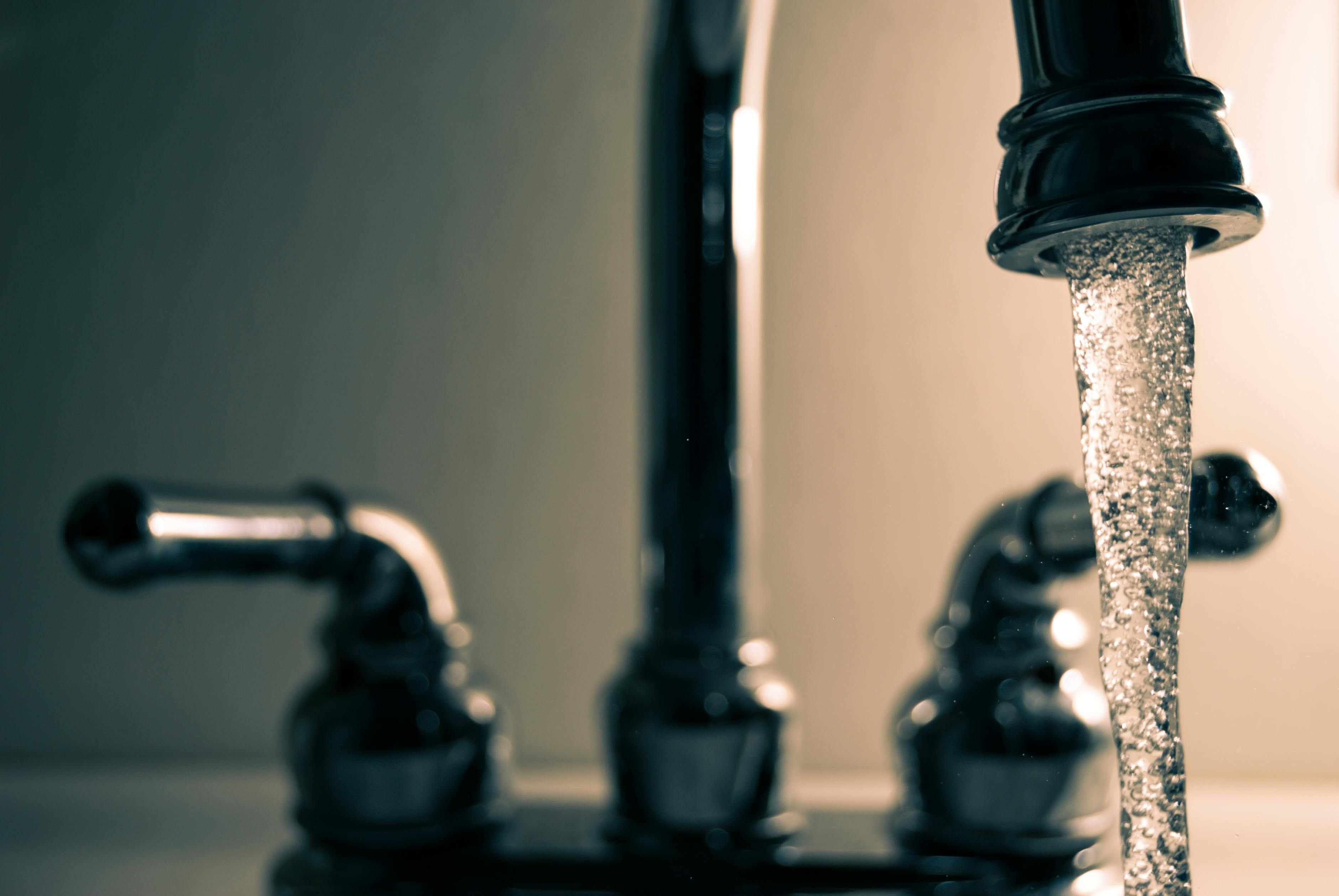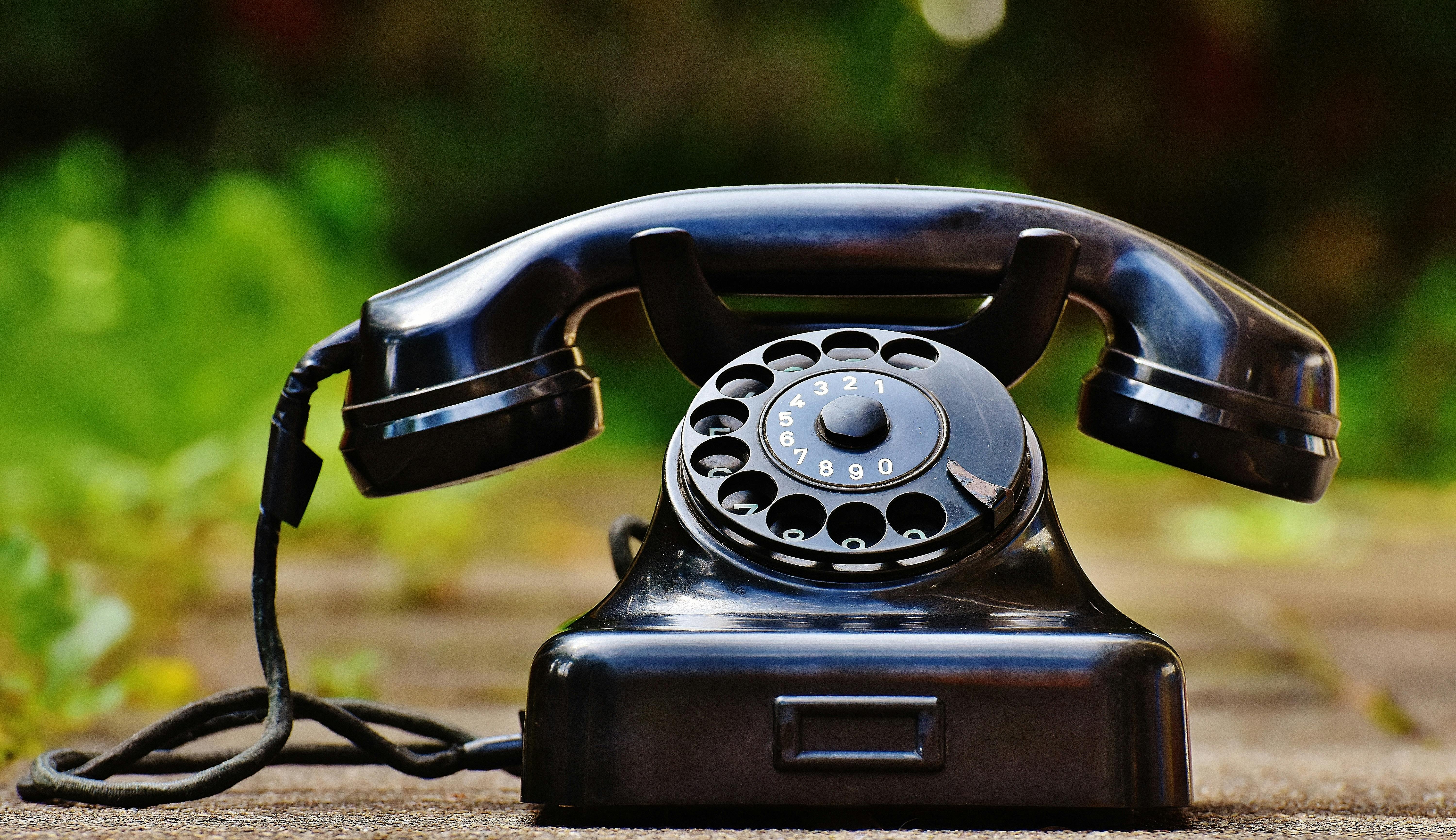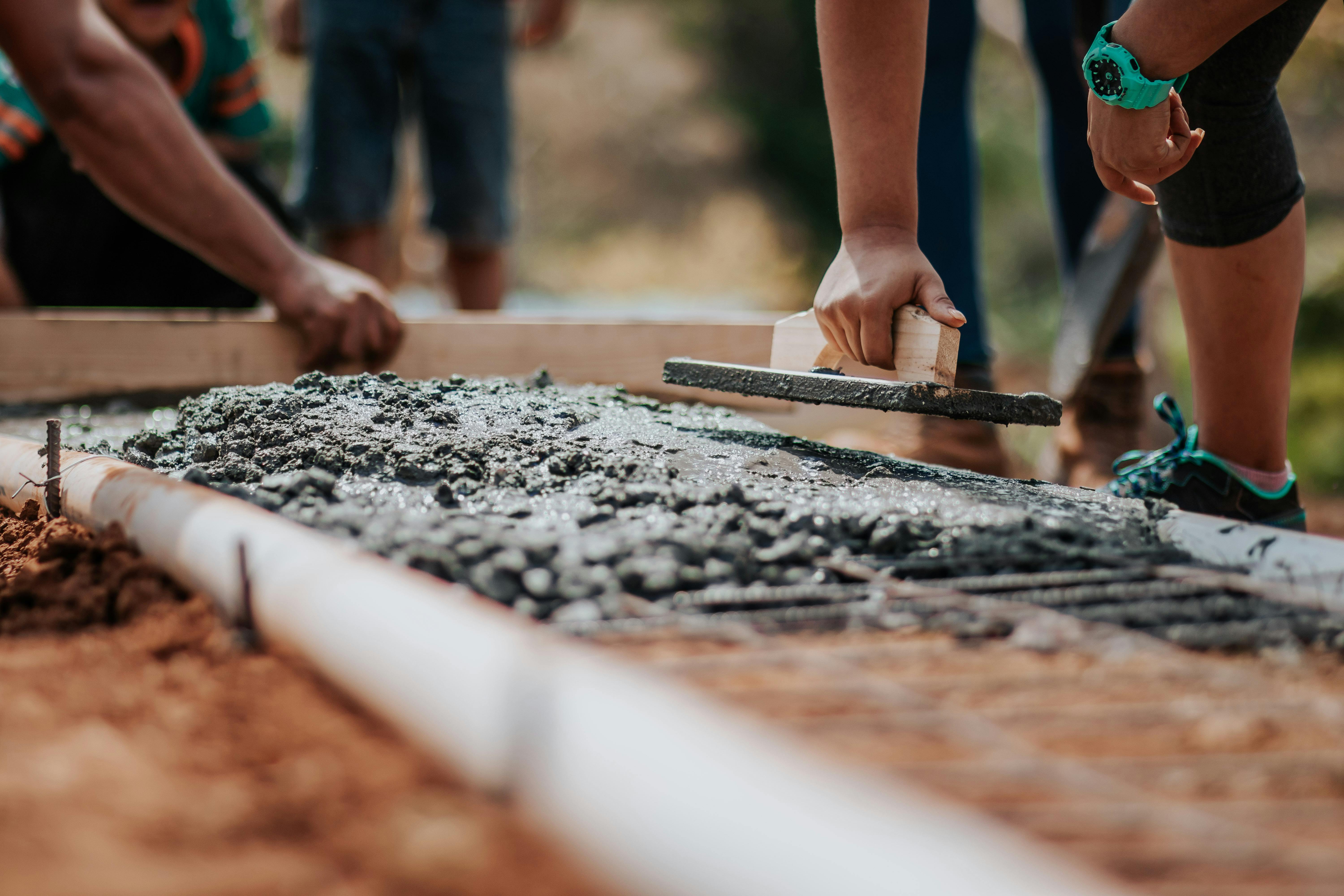
Smart Ways to Drain Ear Fluid and Improve Hearing in 2025
Ear fluid accumulation can become a significant concern for many individuals, affecting hearing and overall ear health. It is essential to understand the causes of fluid retention in the ears, as well as effective drainage techniques that can alleviate discomfort and restore auditory function. This article will delve into smart ways to drain ear fluid, explore practical home remedies, and highlight essential tips for maintaining ear hygiene. By being informed about ear fluid causes and solutions, readers can take proactive measures to address this common issue.
There are various reasons why fluid may build up in the ears, including allergies, infections, sinus issues, or environmental factors. Ignoring such fluid could lead to complications, including hearing loss or persistent infections. This guide aims to furnish readers with effective ear drainage methods, empowering them to manage ear fluid naturally and prevent its recurrence.
Key takeaways from this article include understanding the anatomy of the ear, recognizing symptoms of ear fluid, and exploring home treatments and techniques to relieve ear pressure. Whether you're looking for effective ear drainage methods or home remedies for ear fluid, this comprehensive guide has you covered.
Understanding Ear Fluid: Causes and Symptoms
To tackle the issue of draining ear fluid effectively, it’s crucial to first comprehend the underlying causes and symptoms. Ear fluid may accumulate due to various reasons, including allergies, infections, or even physical blockages from earwax. One prevalent condition associated with ear fluid is otitis media, which occurs when the middle ear becomes inflamed, often leading to a buildup of fluid. Recognizing the signs of fluid in the ear is essential for prompt treatment.
Common symptoms of ear fluid accumulation include a feeling of fullness in the ear, muffled hearing, discomfort, and, in some cases, mild pain. It's important to note that ear fluid can also be linked to other health issues, such as upper respiratory infections and sinusitis. Understanding these connections can help in recognizing when to seek medical attention.
Parents should be particularly vigilant with children's ear health, as children are more prone to ear infections and fluid issues. Monitoring for additional symptoms, such as fever or irritability, may also indicate that professional evaluation is necessary. Seeking early intervention can significantly improve outcomes and prevent long-term complications.
Effective Ear Drainage Techniques
Once an individual understands the root causes and symptoms of ear fluid, the next step is to explore effective ear drainage techniques. These methods can range from simple home remedies to more structured approaches.
Using Gravity to Drain Ears
One of the simplest techniques for draining ear fluid is to utilize gravity. This can be done by tilting the head to one side, allowing gravity to encourage the fluid to flow out naturally. It can also help to gently pull on the earlobe while in this position. This technique is particularly useful for mild cases where fluid isn't deeply lodged.
Steam Inhalation for Relief
Steam inhalation can also provide significant relief by opening up the Eustachian tubes. By inhaling steam, perhaps while taking a hot shower or using a bowl of hot water, individuals can promote sinus drainage and reduce ear pressure. Adding a few drops of essential oils, such as eucalyptus, can further enhance this effect, providing a soothing experience while addressing ear fluid issues.
Warm Compress Application
Applying a warm compress over the affected ear can also help ease discomfort and facilitate fluid drainage. One can use a warm washcloth or a commercial heating pad, ensuring it's not too hot to avoid burns, to provide relief. This simple home treatment not only soothes pain but may also help open blocked passages, assisting fluid movement from the ear.
Home Remedies for Ear Fluid Management
In addition to specific drainage techniques, several home remedies can support ear fluid management effectively. These remedies emphasize natural approaches that can be integrated into one’s daily routine.
Hydration and Its Importance
Staying hydrated plays a key role in maintaining ear health. Adequate water intake helps thin mucus and may ease pressure in the Eustachian tubes. It’s recommended to consume plenty of fluids, especially during allergy season or when dealing with respiratory infections. Herbal teas or warm broths can also serve as beneficial options alongside regular water intake.
Nasal Irrigation Techniques
Nasal irrigation can effectively clear nasal passages and, by extension, relieve ear pressure. Utilizing saline solutions or neti pots can help keep sinuses clear, reducing the chance of fluid accumulation in the ears. This technique not only addresses ear fluid but also promotes overall respiratory health.
Essential Oils and Their Benefits
Utilizing essential oils, like tea tree oil or lavender, can provide relief from ear fluid. These oils can be mixed with a carrier oil (such as olive oil) and applied similarly to ear drops. Just a couple of drops can help combat infections and reduce inflammation. However, it’s important to ensure the ears are free of any physical blockages before applying oil remedies.
When to Seek Medical Attention for Ear Fluid
While many ear fluid issues can be managed at home, it's essential to recognize when professional intervention is necessary. Understanding the signs that warrant a visit to an ENT specialist can save you from potential complications.
Identifying Symptoms Indicating a Need for Medical Attention
If symptoms persist beyond a few days, worsen, or include severe pain, swelling, or fever, it's crucial to consult a doctor. Furthermore, if individuals experience any signs of hearing loss or dizziness, professional evaluation is vital. These symptoms may indicate that the fluid has led to a more severe condition or the need for medical intervention.
Understanding Treatment Options
In some cases, healthcare providers might recommend over-the-counter medications or prescribe antibiotics if an infection is determined. In more serious instances, procedures to drain fluid surgically may be necessary, especially if fluid buildup is recurrent and impacts hearing significantly.
Regular Check-Ups and Their Importance
Regular ear check-ups are crucial, particularly for children. Monitoring can aid in early detection of ear fluid complications and increase overall ear health awareness. Even during asymptomatic periods, routine consultations with an ENT can guide preventive measures and reinforce ear hygiene practices.
Conclusion: Embracing a Proactive Approach to Ear Health
In conclusion, understanding how to drain ear fluid effectively and the importance of addressing this issue can significantly enhance one’s auditory health. From employing home techniques like warm compresses to recognizing when medical treatment is necessary, an informed approach equips individuals to manage ear fluid effectively.
With diligence and precaution, one can minimize the risks associated with ear fluid accumulation, ensuring not only better hearing but enhanced overall well-being. Regular assessments and proactive care can pave the way for healthier ears and prevent complications that may arise from untreated conditions.
 example.com/image2.png
example.com/image2.png
 example.com/image3.png
example.com/image3.png